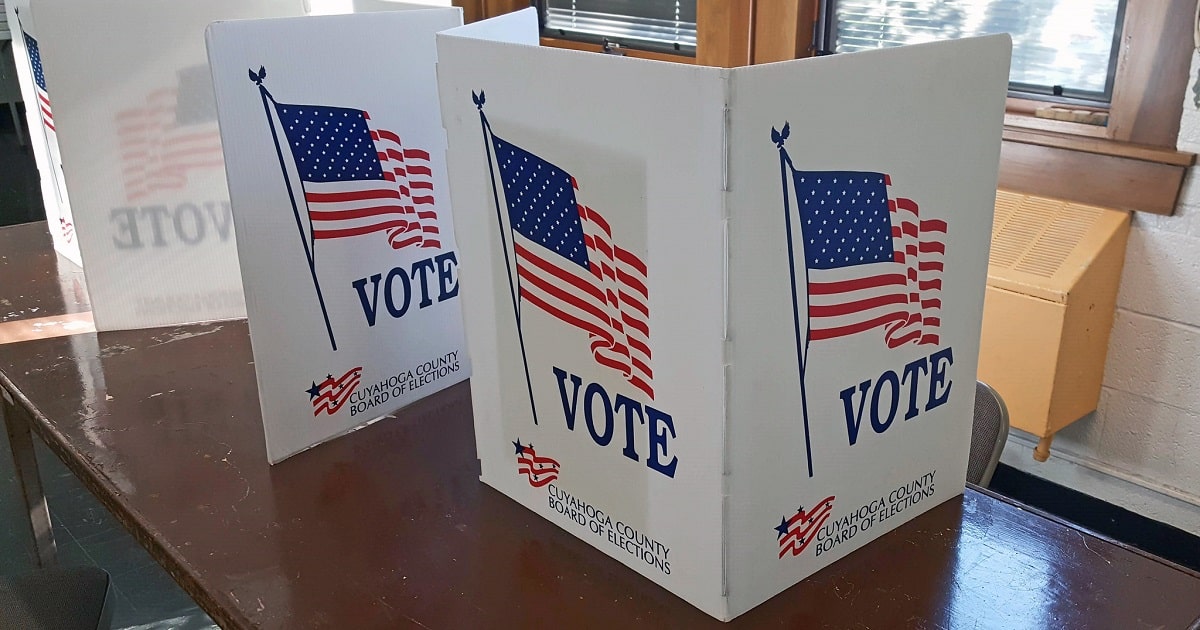





Transparency just got a gut punch with the House Oversight Committee's release of Jeffrey Epstein’s sordid records.
On Tuesday, the committee dumped over 33,000 pages of documents, pried from the Department of Justice’s grip after a hard-fought subpoena. This move rips the veil off a dark chapter, demanding answers for a public fed up with elite cover-ups.
The Daily Caller reported that the committee, led by Chairman James Comer, secured these files to shine a light on Epstein’s crimes and the system that let him skate for years.
On August 5, 2025, Comer issued a subpoena, followed by confirmation on August 22 that the DOJ had handed over Epstein-related records. It’s a step toward accountability, though the DOJ’s slow drip of “good-faith effort” reeks of bureaucratic foot-dragging.
“Good-faith effort,” Comer called the DOJ’s cooperation, but let’s not kid ourselves—33,295 pages don’t materialize overnight. The department’s been sitting on “many records in DOJ’s custody,” as Comer noted on August 18, and only a subpoena forced their hand. Sounds less like goodwill and more like a government nudged by a cattle prod.
The August 5 subpoena was a line in the sand, demanding the DOJ cough up everything it had on Epstein. By August 22, the committee had its hands on thousands of pages, including records tied to Epstein’s Little Saint James estate. This wasn’t just paperwork—it’s a grim ledger of a predator’s empire.
Included in the release is an hour-long virtual tour of Epstein’s Little Saint James home, complete with a detailed layout diagram.
Dropped on September 2, it’s a chilling glimpse into the private world where Epstein’s crimes festered. The public deserves to see the stage where this tragedy played out, no sugarcoating.
Comer’s push for “commitment to transparency” is a rallying cry, but don’t hold your breath for full clarity. The DOJ claims it’s protecting victims’ identities and redacting child sexual abuse material, which sounds noble but conveniently slows the process. Transparency shouldn’t mean cherry-picking what the public gets to see.
The DOJ’s July 2025 interview with Ghislaine Maxwell, Epstein’s confidante, surfaced on August 22, adding fuel to the fire.
Ordered by Attorney General Pam Bondi and conducted by Deputy Attorney General Todd Blanche, the interview digs into Maxwell’s role in Epstein’s orbit. It’s a piece of the puzzle, but don’t expect her to spill all the tea just yet.
Maxwell’s interview, now public, raises eyebrows about what else the DOJ knows but isn’t sharing. If Bondi had to direct her deputy to grill Maxwell, it suggests the department wasn’t exactly racing to expose the truth. The public’s right to know shouldn’t depend on a committee twisting arms.
Former Attorney General William Barr also faced questions in a closed-door deposition on August 18, 2025. His involvement hints at how deep this scandal runs, touching even the highest ranks of justice. But closed doors? That’s a tough sell for a public craving unfiltered truth.
The DOJ’s promise to safeguard victims’ identities while releasing records is a double-edged sword. No one disputes the need to protect survivors, but redactions can also shield the powerful who enabled Epstein. The line between compassion and cover-up is razor-thin.
Comer’s August 18 statement about “many records” needing time for redaction doesn’t inspire confidence. If the DOJ’s dragging its feet to avoid exposing uncomfortable truths, it’s a betrayal of the victims they claim to protect. Justice delayed is justice denied, plain and simple.
The Little Saint James tour, while grimly fascinating, feels like a symbolic gesture when the real meat—unredacted names and connections—remains locked away. Showing us Epstein’s lair is one thing; showing us who walked its halls is another. The public isn’t dumb; we know there’s more to this story.
Comer’s “efforts to provide the American people with information” sound good, but the pace of this release smells like controlled optics. The committee’s work is commendable, yet the DOJ’s selective cooperation raises red flags. Are we getting the full picture or just the parts they’re comfortable showing?
The Epstein case is a festering wound on the justice system, exposing how wealth and connections can bend the rules.
These 33,295 pages are a start, but they’re not the endgame—real accountability means naming names, not just touring mansions. Anything less is a half-measure dressed up as progress.



